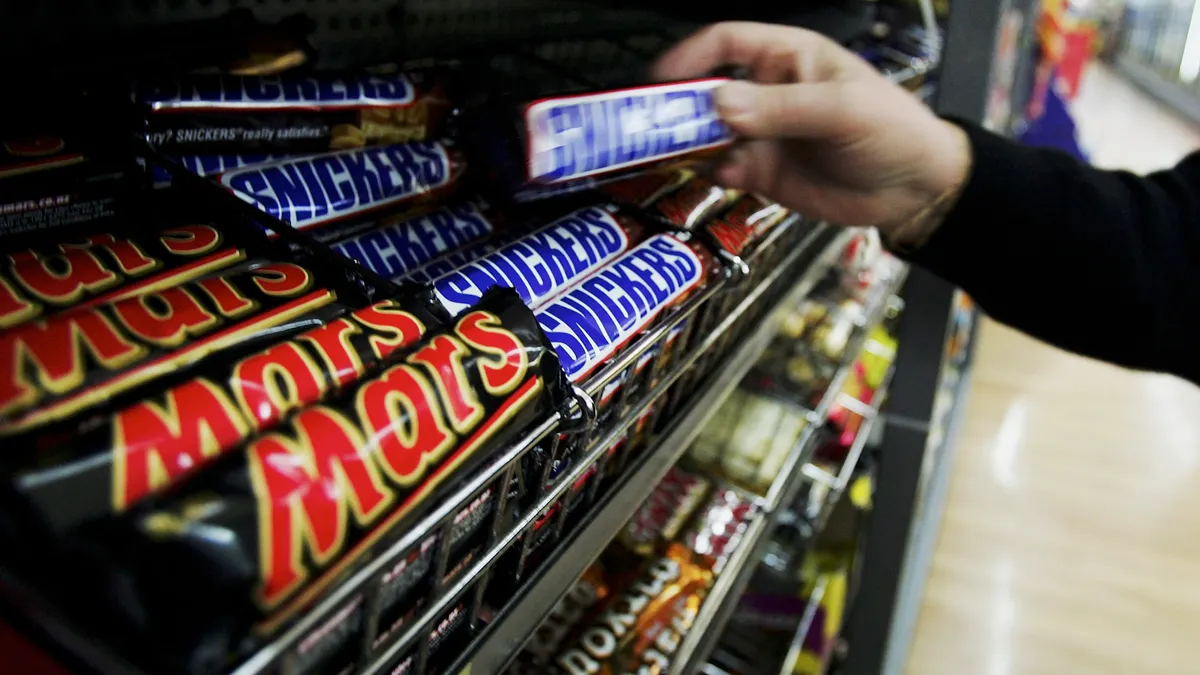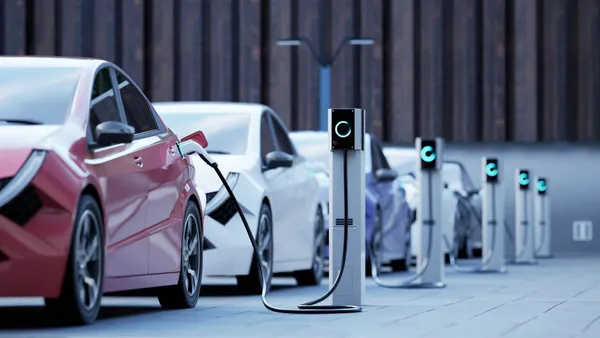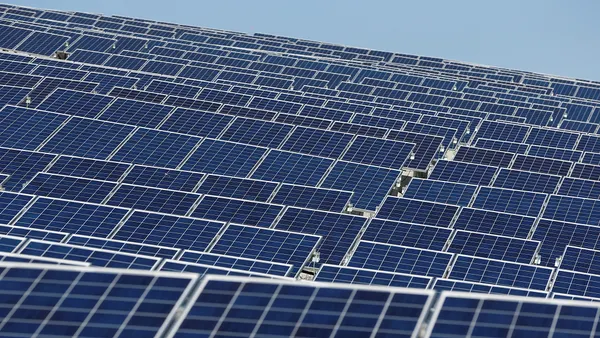Dive Brief:
- Mars signed its first set of U.S.-focused clean energy contracts with Italian energy company Enel last week in a bid to decarbonize its supply chain while meeting electricity needs.
- The power purchase agreements between Mars and Enel North America will help develop renewable energy projects that serve both the confectionery giant and its suppliers while “building energy resilience for the business,” according to a Sept. 11 release. The PPAs are the largest transaction Enel North America has made with a global customer and is the biggest contract Mars has signed to date, according to both companies.
- Mars’ first three contracts with Enel are estimated to generate 1.8 terawatt-hours of clean energy annually, helping the food and snack manufacturer avoid around 700 kilotonnes of carbon dioxide equivalent per year, according to the release.
Dive Insight:
The agreement will allow Mars and its supply chain to benefit from the entirety of the clean energy output produced by Enel’s three solar plants in Texas, the companies said.
Enel said vegetation at all three sites will be managed through “sheep grazing,” a sustainable dual-use practice that combines energy production with agriculture by using sheep to manage vegetation under and around solar panels instead of mechanical mowers or herbicides. The energy company signed a contract with Texas Solar Sheep last year, which will deploy over 6,000 sheep to control vegetation at eight solar plants located in the state.
The partnership with Enel builds on the confectionery giant’s “Renewable Acceleration” program, launched in April. The strategy is designed to fast-track the shift from fossil fuels to clean energy, not only for sites owned by Mars, but across its entire supply chain, by meeting the entirety of its electricity needs through the renewables market.
The McLean, Virginia-based multinational — behind brands like Snickers, Twix, Altoids, M&M’s and its namesake chocolate, Mars — said renewable electricity could be sourced to power all sorts of company operations through the Renewable Acceleration program. Mars said this includes supporting “farms that grow ingredients to the trucks that deliver products, and even the energy used by consumers at home.”
“Many large companies are well on their way to sourcing renewable electricity for their own operations, but that’s just a part of the picture,” Mars Global Vice President of Sustainability Kevin Rabinovitch said in the release. “For Mars, Renewable Acceleration is a performance accelerator, cutting emissions at a scale and speed we could never achieve through traditional value chain engagement approaches. It lets us bring demand for all the electricity used in our value chain to the clean energy market in a highly efficient manner.”
Mars said it expects the Renewable Acceleration program to slash around 3 million tonnes of carbon emissions from its supply chain — which makes up 10% its total carbon footprint — by 2030, compared to a 2015 baseline.











